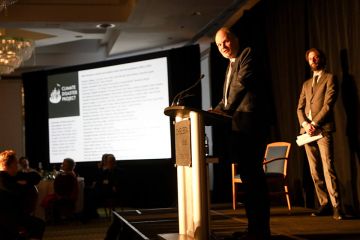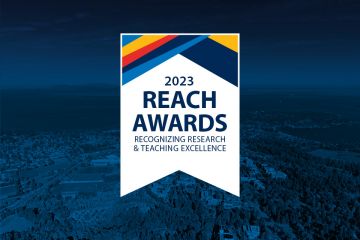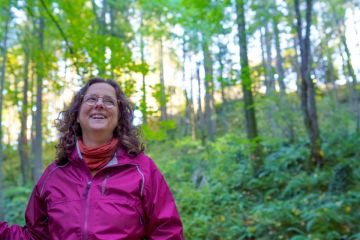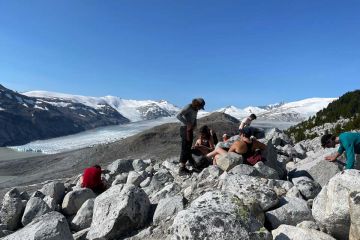Royal Society of Canada elects four UVic researchers
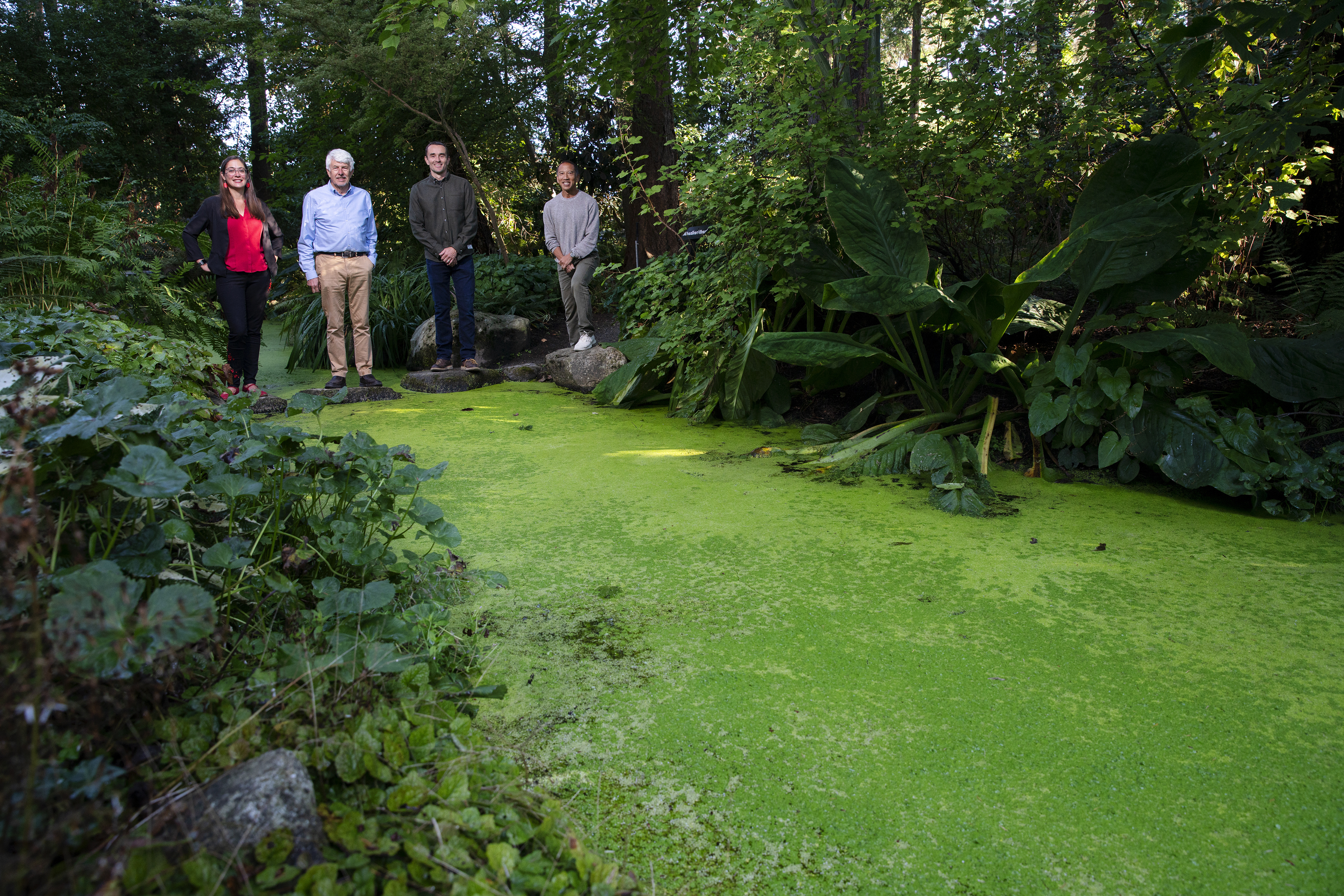
Four University of Victoria researchers in the fields of social sciences and humanities have been elected to the Royal Society of Canada (RSC), a 137-year old council of distinguished scholars and leaders recognized with the country’s highest academic honour.
Professors Robert Gifford (psychology and environmental studies) and James Tanaka (psychology) are elected new fellows, while Rachel Cleves (history) and Chris Darimont (geography) join as new members to the College of New Scholars, Artists and Scientists—with Cleves the first UVic humanities researcher to join this group. The society’s peer-elected recipients are chosen for their academic excellence and making “remarkable contributions” in the arts, humanities and sciences, and Canadian public life.
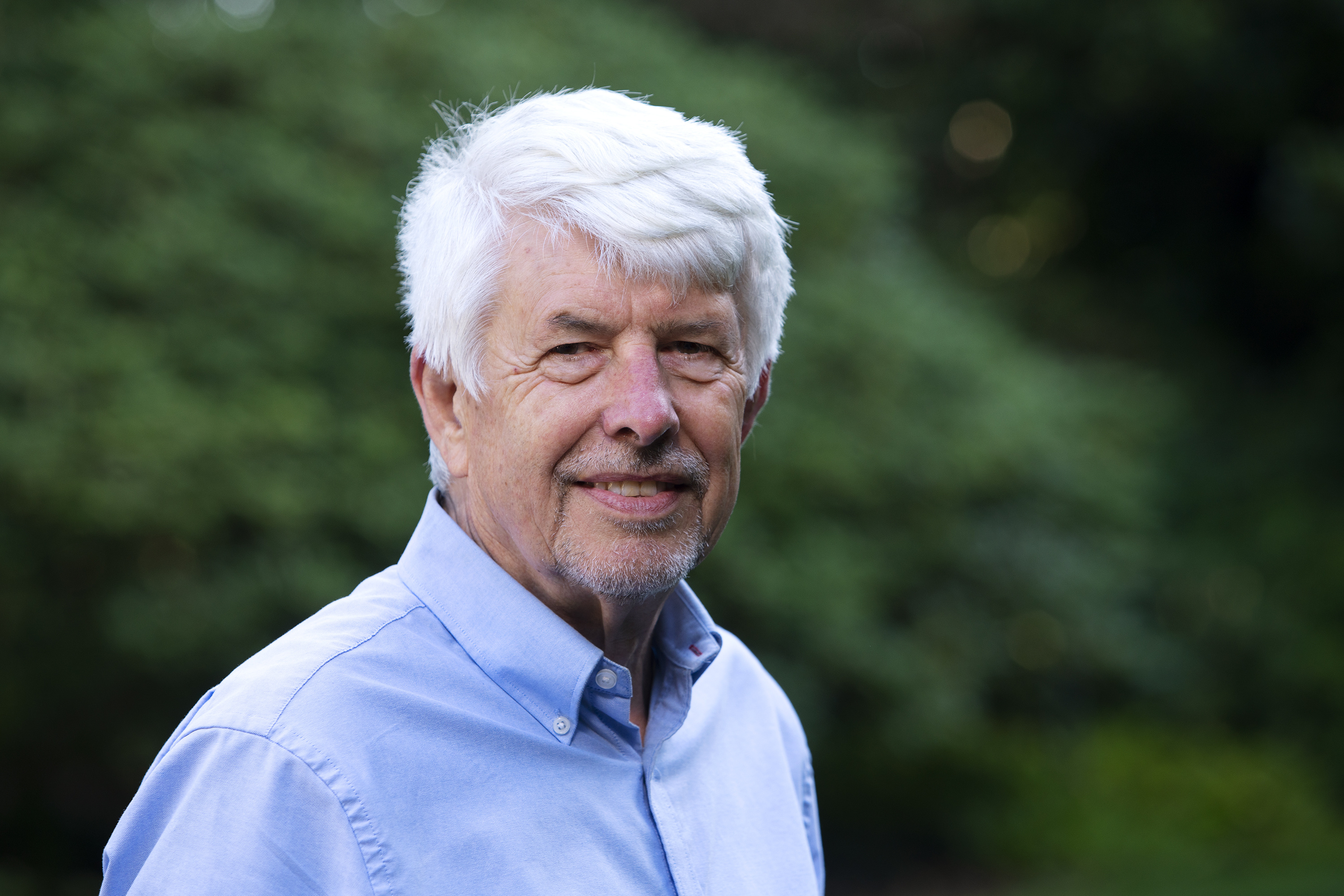
Robert Gifford
Gifford, an expert in environmental psychology, developed what he calls “the dragons of inaction” or the reasons why people don’t do more to mitigate climate change. He is passionate about understanding what it will take to improve climate-related human behaviour.
Government officials in the Netherlands and Canada have tapped Gifford’s expertise to shape effective programs and policy to fight climate change. In June, he met with government officials at Environment and Climate Change Canada to critique past programs and advise on future policies.
Gifford’s work has drawn global media attention including reports in CBC, NPR, BBC, ABC and Al Jazeera. He is a prolific author and his research was featured on the cover of New Scientist in 2016, while an article he wrote for the American Psychologist has been the most cited in the flagship journal since that 2011 publication.
I am honoured and privileged to be able to work on human decision-making about the environment,” says Gifford, “Helping to discover how people think about this crucial problem is what inspires me.
—UVic professor in psychology and environmental studies Robert Gifford.
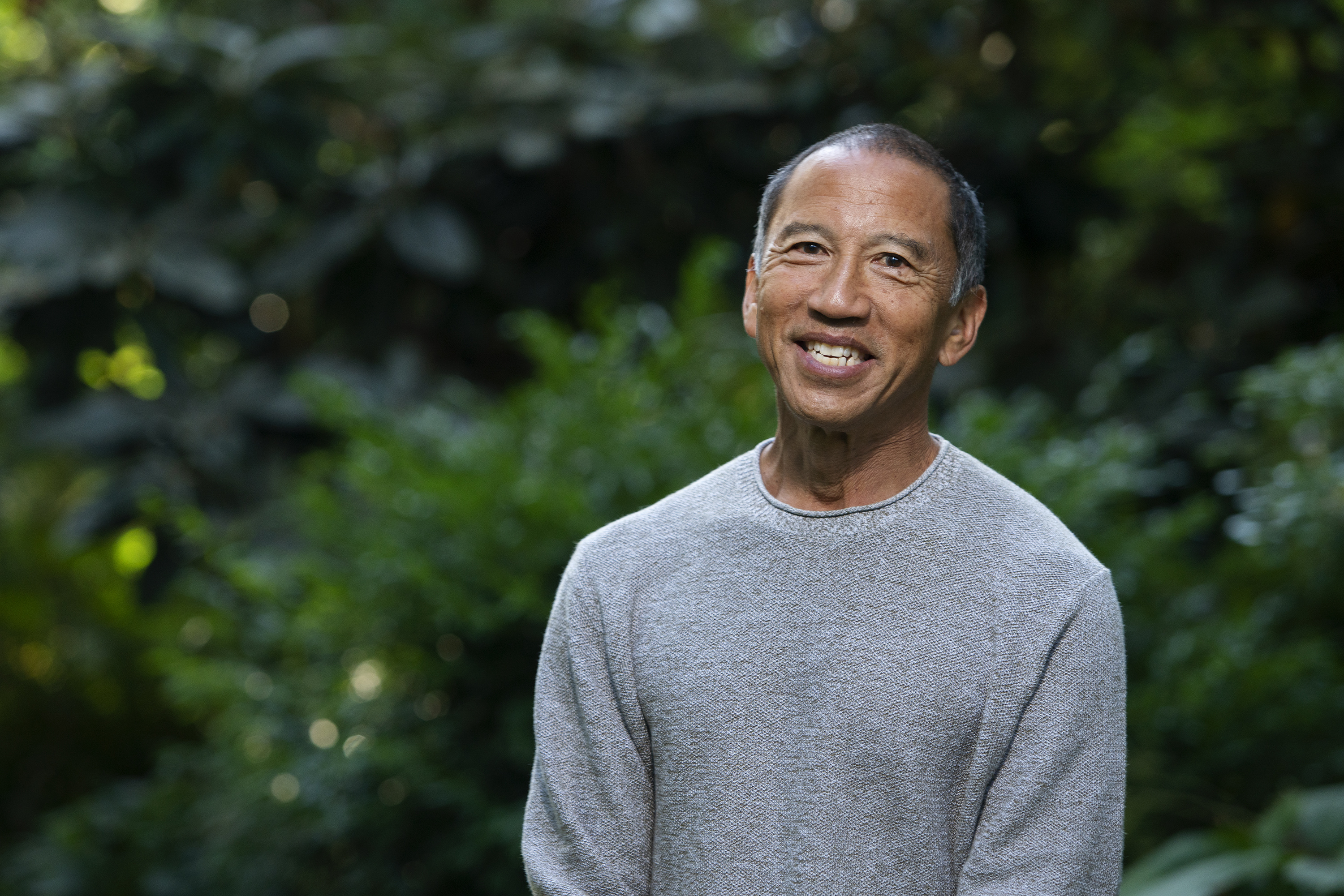
James Tanaka
Tanaka, an internationally recognized expert on facial recognition, has devoted much of his career to understanding the processes of face recognition in people on the autism spectrum.
Tanaka and a team of UVic faculty, students, community professionals and families, are dedicated to research and development of facial recognition tools for children and adults with autism. The work, conducted through the UVic Centre for Autism Research, Technology and Education, which was founded by Tanaka, involves a range of hands-on outreach activities to bridge research, education and community engagement.
Without question, my students are my inspiration—their boundless curiosity, fresh approach to scientific questions and unwavering dedication to research has propelled my work in new, unexpected directions. Together, we share a common belief that cognitive and brain sciences can unlock the mysteries of the human mind and this knowledge can be used to help others.
—UVic Professor in psychology James Tanaka.
By creating “new tools for different minds,” Tanaka and his team have improved the lives of thousands of individuals with autism and their families across the globe.
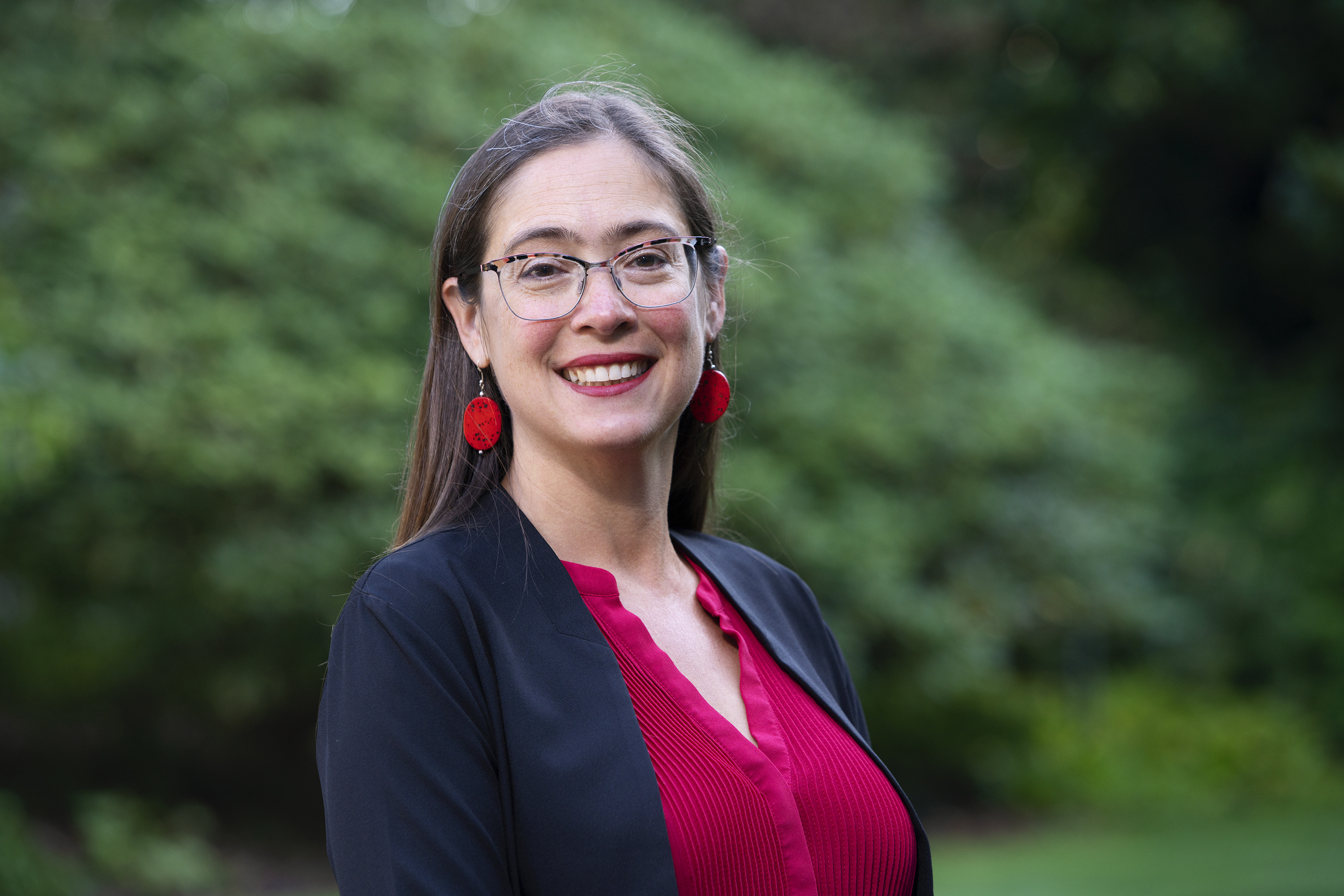
Rachel Cleves
Cleves calls herself an archive rat. The description is apt—reflecting countless hours of meticulous research she devotes to her projects—but only tells part of the story. Cleves, UVic’s first humanities scholar admitted as a new RSC college member, is expert at finding little-known historical stories that illuminate contemporary times. Her most recent book, Charity and Sylvia: A Same-Sex Marriage in Early America, weaves diaries, letters, poems, and even tax records to tell the story of two 19th century women whose relationship was described and accepted publicly as marital—long before the fight for marriage equality began.
“A lot of my work is dedicated to promoting diversity and equity,” Cleves says. Violence, sexuality, illicit sex—no subject is off limits for Cleves. Her forthcoming biography of Scottish writer Norman Douglas, a literary star in the early 20th century and also known for abusing children, examines sex tourism and child prostitution at a time when these practices were less taboo than today.
“We can’t just write about the things that are romantic and erotic to us. We have to write about the unpleasant stuff too,” she says. Cleves is excited to “enhance scholarly life in Canada” and plans to continue her advocacy on equity and diversity as a member of the RSC.
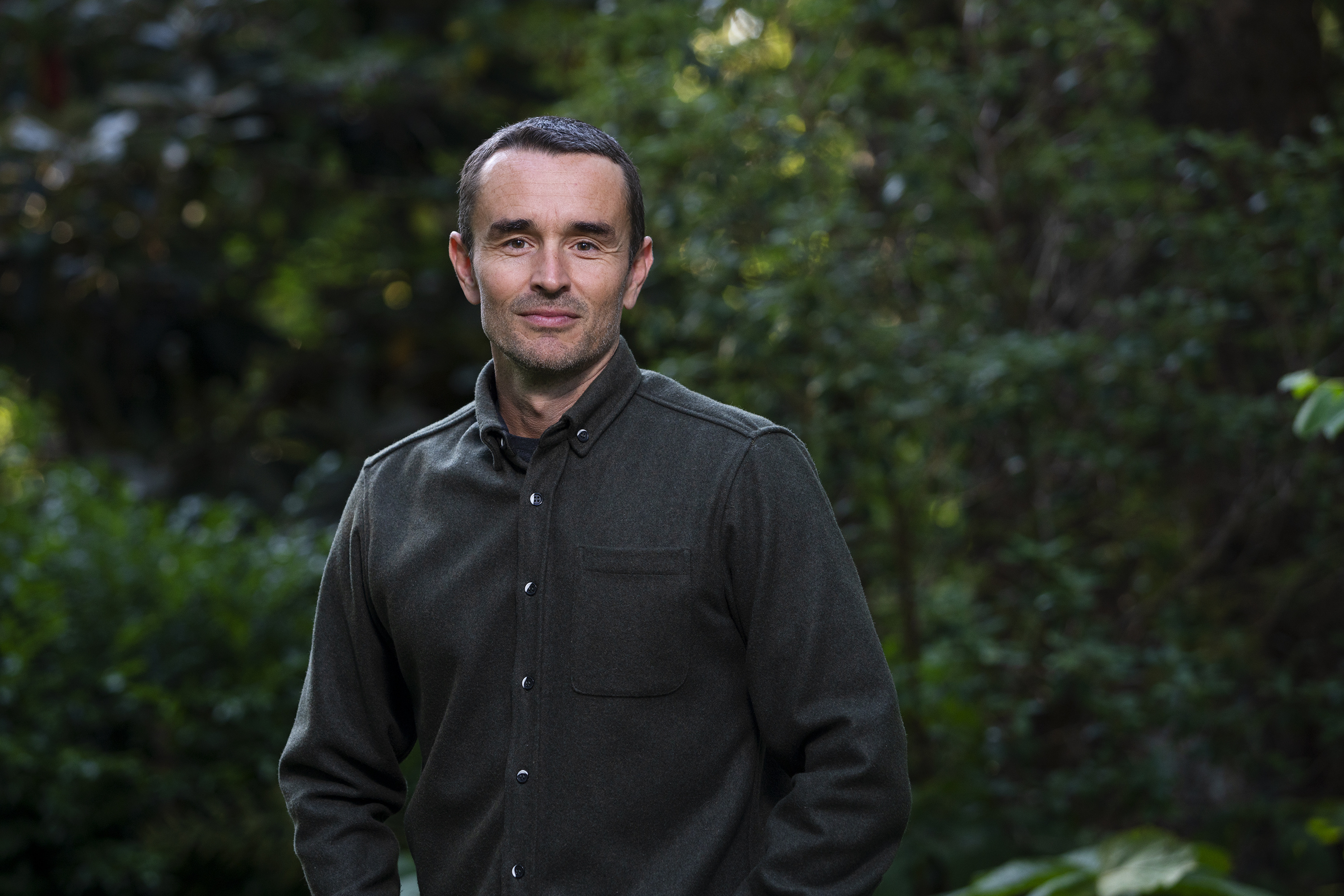
Chris Darimont
Darimont is an interdisciplinary conservation scientist and the Raincoast Chair of Applied Conservation Science. At a global level, his work focuses on the unique ecology of “human predators,” or hunters and fishers, with novel insight into the causes and consequences of humanity’s distinct predatory behaviour. Closer to home, Darimont’s group conducts long-term community-engaged research on wildlife and fisheries, commonly working collaboratively with Indigenous governments of coastal British Columbia. This applied work focuses on providing habitat, foods and security for culturally, economically and ecologically important animals like bears, wolves and mountain goats.
I'm infinitely curious about the natural world, passionate about applied research to protect it, and have the privilege to work with extraordinary people who make a difference.
—UVic geography professor Chris Darimont.
Research out of Darimont’s lab has real-world impact with Indigenous governments applying findings to wildlife, fisheries and forest management. Darimont served as an expert witness before the National Energy Board and Auditor General of BC. He was also an expert panel member on the design of BC’s proposed endangered species legislation and is a frequent contributor to media outlets.
Read UVic's news release.
Read the Royal Society of Canada’s news release.
Photos
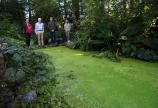
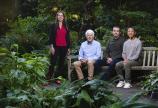
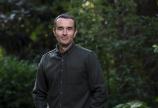
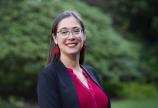
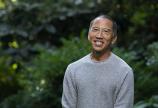
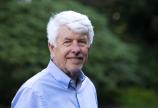
In this story
Keywords: teaching, award, research
People: Robert Gifford, James Tanaka, Rachel Cleves, Chris Darimont
Publication: The Ring

